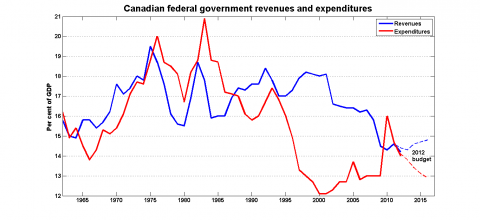I didn’t expect to read this in the Globe and Mail which is usually an institution that discusses First Nations issues very carefully indeed:
Large elements of aboriginal Canada live intellectually in a dream palace, a more comfortable place than where they actually reside.
Inside the dream palace, there are self-reliant, self-sustaining communities — “nations,” indeed — with the full panoply of sovereign capacities and the “rights” that go with sovereignty. These “nations” are the descendants of proud ancestors who, centuries ago, spread across certain territories before and, for some period, after the “settlers” arrived.
Today’s reality, however, is so far removed in actual day-to-day terms from the memories inside the dream palace as to be almost unbearable. The obvious conflict between reality and dream pulls some aboriginals to warrior societies; others to a rejection of dealing with the “Crown” at all; others to fights for the restoration of “rights” that, even if defined, would make little tangible difference in the lives of aboriginal people; and still others, such as Attawapiskat Chief Theresa Spence, to go on a hunger strike.
Chief Spence, leading a group or “nation” of about 1,500 people on the shores of James Bay, demanded at the beginning of her strike a series of meetings with the Governor-General and the Prime Minister. This demand reflected a very old and very wrong idea (part of dream-palace thinking) that the “Crown” is somehow an independent agency with which aboriginal “nations” have a direct relationship, whereas the “Crown” is nothing of the sort.
The “Crown” is the Government of Canada, a matter of clearly established constitutional law, which is why Chief Spence made her demand to meet the Prime Minister, too. Stephen Harper was correct in refusing a face-to-face meeting, since a prime minister should not be blackmailed into doing what any group or individual wants.




